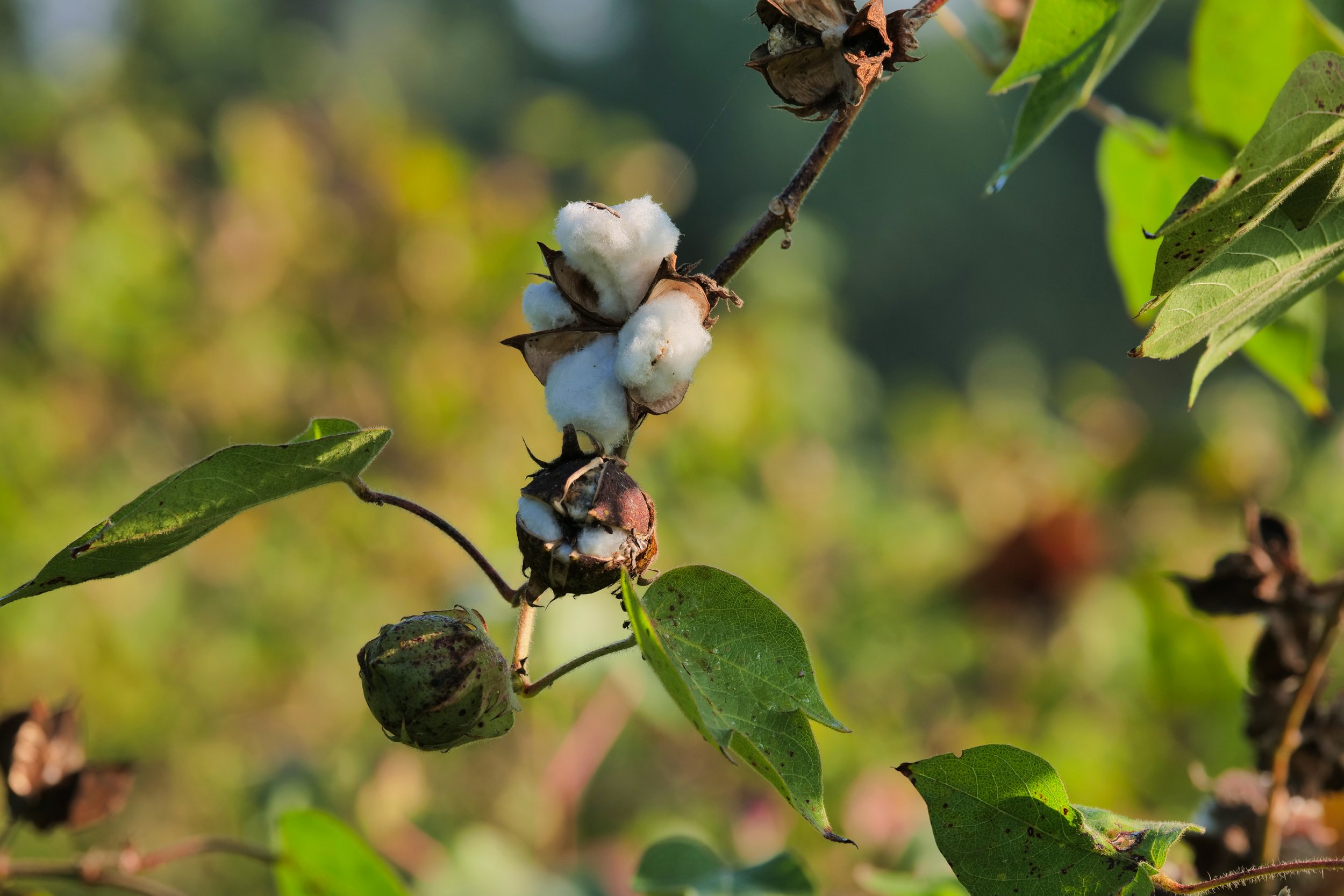CottonConnect partners with International Cotton Advisory Committee to deliver in-depth training on GHG emissions in agriculture and the path to net zero
CottonConnect, in partnership with the International Cotton Advisory Committee (ICAC), hosted a two-day training session for over 80 of their members including local partner teams, supporting them to develop better understanding amongst cotton farmers on how to calculate and mitigate greenhouse gas emissions (GHGs).
The training was led by ICAC’s Chief Scientist, Dr. Keshav Kranthi, in the presence of their Executive Director, Eric Trachtenberg, and included a variety of workshops and lectures to help attendees recognise the role of GHGs in global warming and agricultural yields; learn about the various tools to calculate as well as report on emissions and carbon credits; and discover practical steps for carbon sequestration – from the application of biochar, soil micro-organisms and cover crops, to reducing tillage.
The training took place just a week after the International Day of Women and Girls in Science (11 Feb) and marks a continuation of CottonConnect’s work to bring global science to rural communities, particularly to women and girls who make up nearly half (46%) of the estimated 31.5 million farmers who grow cotton around the world.
“At CottonConnect we are committed to bridging the gap between global scientific knowledge and rural farming communities. Through training sessions, such as this one with the ICAC, we can ensure that the latest, cutting-edge agricultural insights reach those on the ground, empowering cotton farmers to adopt sustainable and regenerative practices that benefit the environment as well as create a more resilient future for themselves. Within this, we particularly recognise the vital role of women farmers, who are disproportionately affected by climate change, in driving positive climate action. By placing them at the forefront of these efforts, we support their leadership in building climate-smart farming communities.”commented Alison Ward, CEO of CottonConnect
Among the event’s key takeaways was the importance of implementing regenerative farming practices and how this can play in driving the sector’s progress towards net zero.
Dr Keshav Kranthi, Chief Scientist, ICAC, said: “Our road to net zero starts by acknowledging the part that agriculture plays in shaping our environment. As one of the world’s most widely grown crops, cotton offers a unique opportunity to reduce the industry’s carbon footprint. We were delighted to speak with CottonConnect’s local partners on the subject, as we have seen the value of these training sessions first-hand.”
In 2023, ICAC with CottonConnect hosted an intensive 3-day workshop on regenerative agriculture which led to approximately 2,300 master trainers being trained in biochar preparation, fortification, and field application across India, with 1,200 biochar demonstration projects successfully conducted with cotton farmers. It is hoped this latest training session will build on this work and increase understanding amongst farmers of the science behind GHG emissions and its link to climate change, as well as empower them to adopt more climate friendly farming practices as a result.
Eric Trachtenberg, Executive Director, ICAC added “There are many reasons that cotton is a global public good, from poverty alleviation to women’s empowerment to its ability to biodegrade. But cotton’s remarkable ability to absorb and sequester cotton is as important a reason as any of them, and working on this regenerative agriculture project with CottonConnect has made it clear that farmers on the front lines in the fight against climate change.”
Local partners in attendance for the event included SEWA, MYRADA-CIDOR, Shikshan Ane Samaj Kendra, BISLD, Jeevan Jyoti Charitable Trust, Hariraj Charitable Trust, Vasundhara Foundation, Sanjivni Institute for Empowerment & Development, Shree Vivekanand Research and Training Institute, as well as BAIF Institute for Sustainable Livelihoods and Development.































